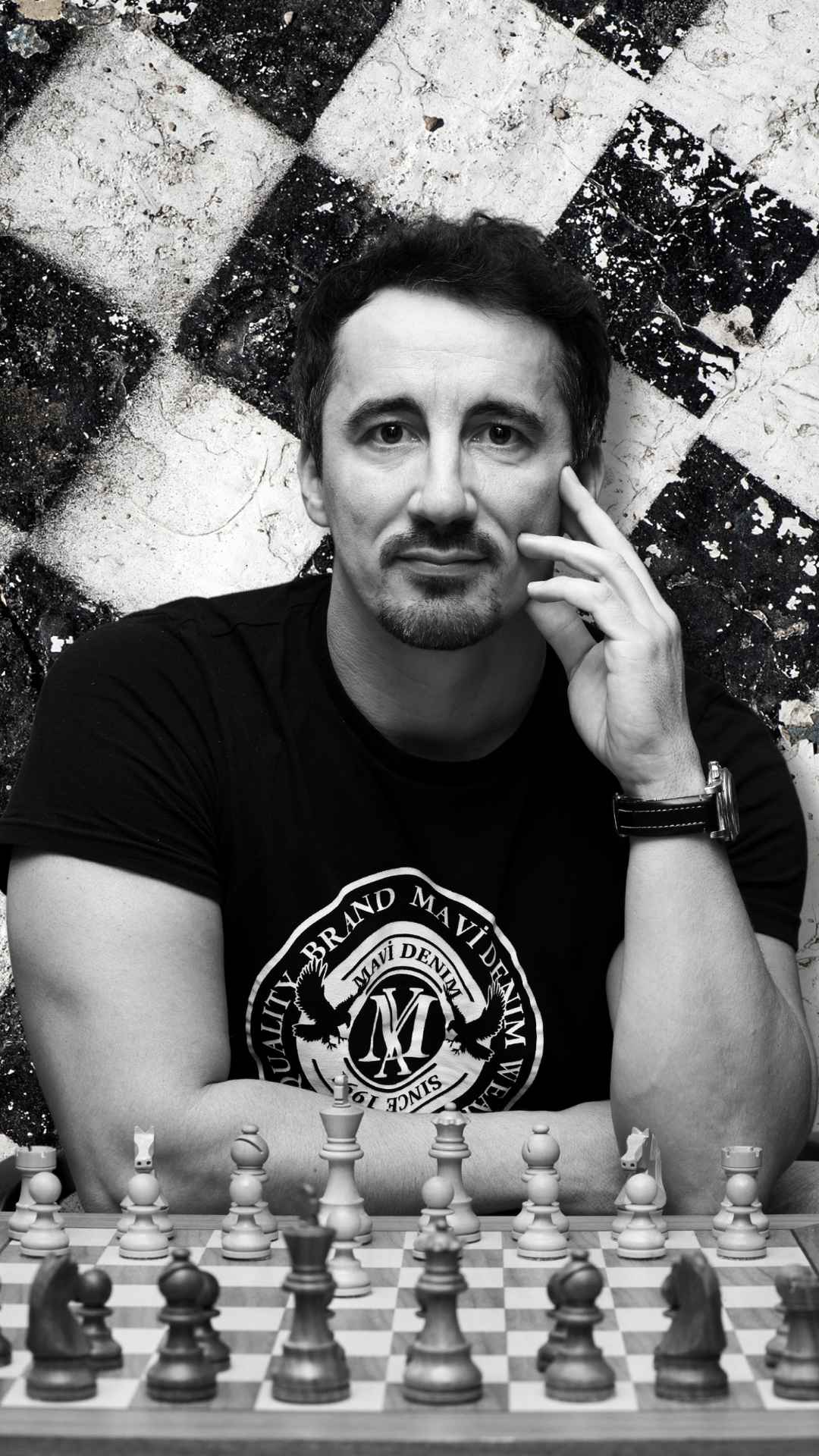About Author
Hey there, fellow chess enthusiasts!
Welcome to my corner of the “RealityCheck Chess“.
I’m Marko Milošević, a mathematician, software architect, and an unapologetic lover of all things chess. Born in 1985 and proudly hailing from Serbia, I’ve embarked on a thrilling journey that combines my two greatest passions: programming and the timeless game of chess.
In the world of chess, I found both comfort and excitement. Its complexity and depth drew me in, inspiring me to improve and to create something for fellow chess lovers. “RealityCheck” is the result—a blend of my commitment to chess, math skills, and software development designed to enhance your chess skills.
I bring my mathematical background to chess, analyzing games and strategies with precision. By day, I’m a software architect; by night, a chess aficionado, delving into tactics and grandmaster plays. I’m also active in chess communities, participating in tournaments and learning from others.
I’m eager to share “RealityCheck” with you and discuss all things chess. Contact me at marko@monstersnations.com for questions or a good chess conversation.
Remember, “RealityCheck” is not just a chess game—it’s a catalyst for growth, a tool for self-improvement, and a virtual playground where chess lovers like us can thrive.
Thank you for joining me on this exciting adventure. Together, let’s uncover the limitless possibilities of the chessboard!
Warm regards,
Marko Milošević



